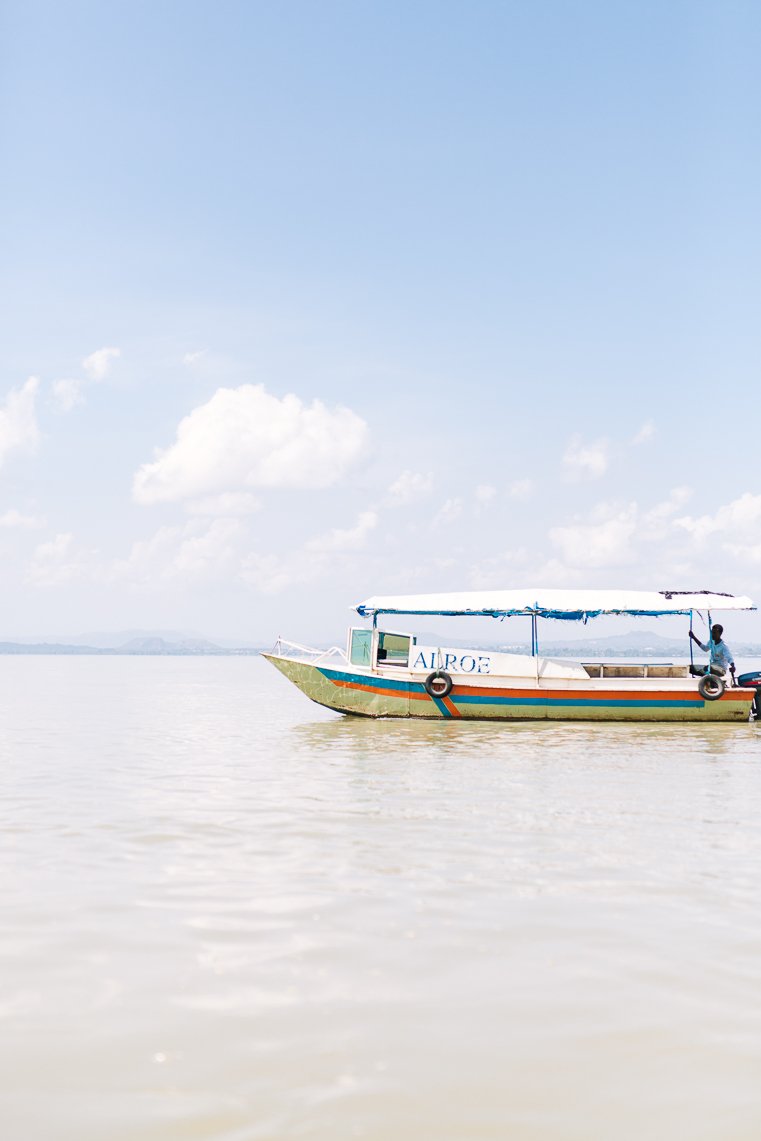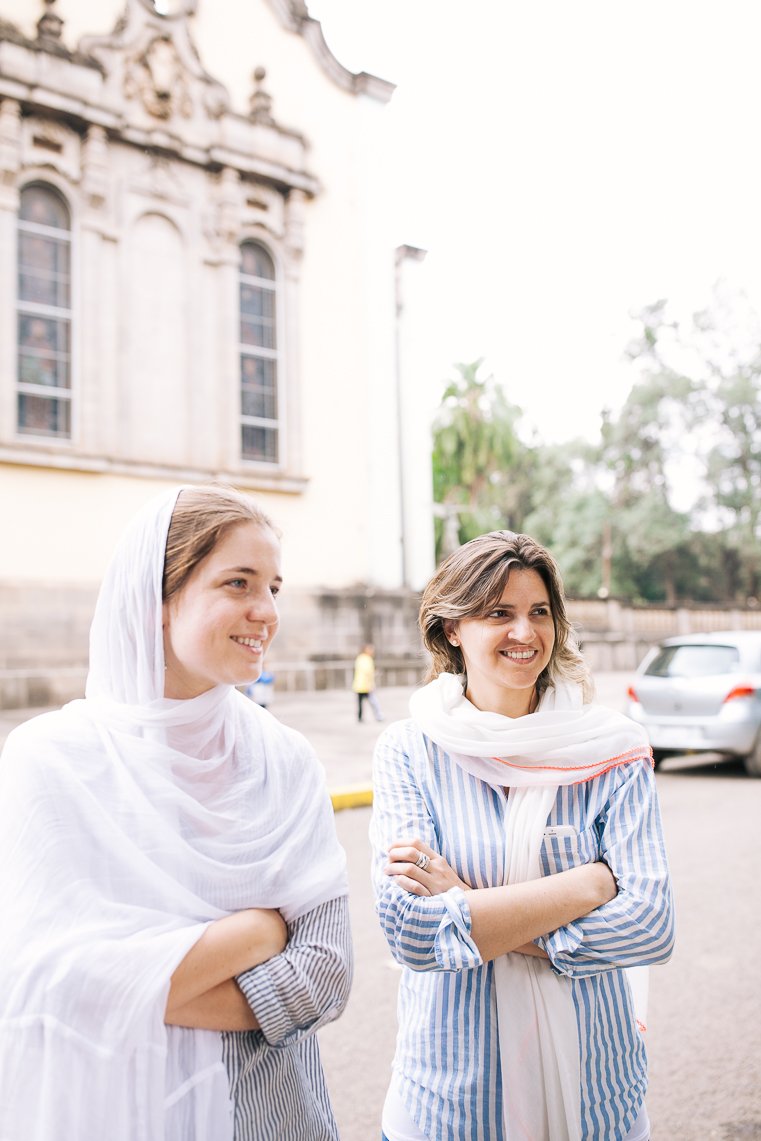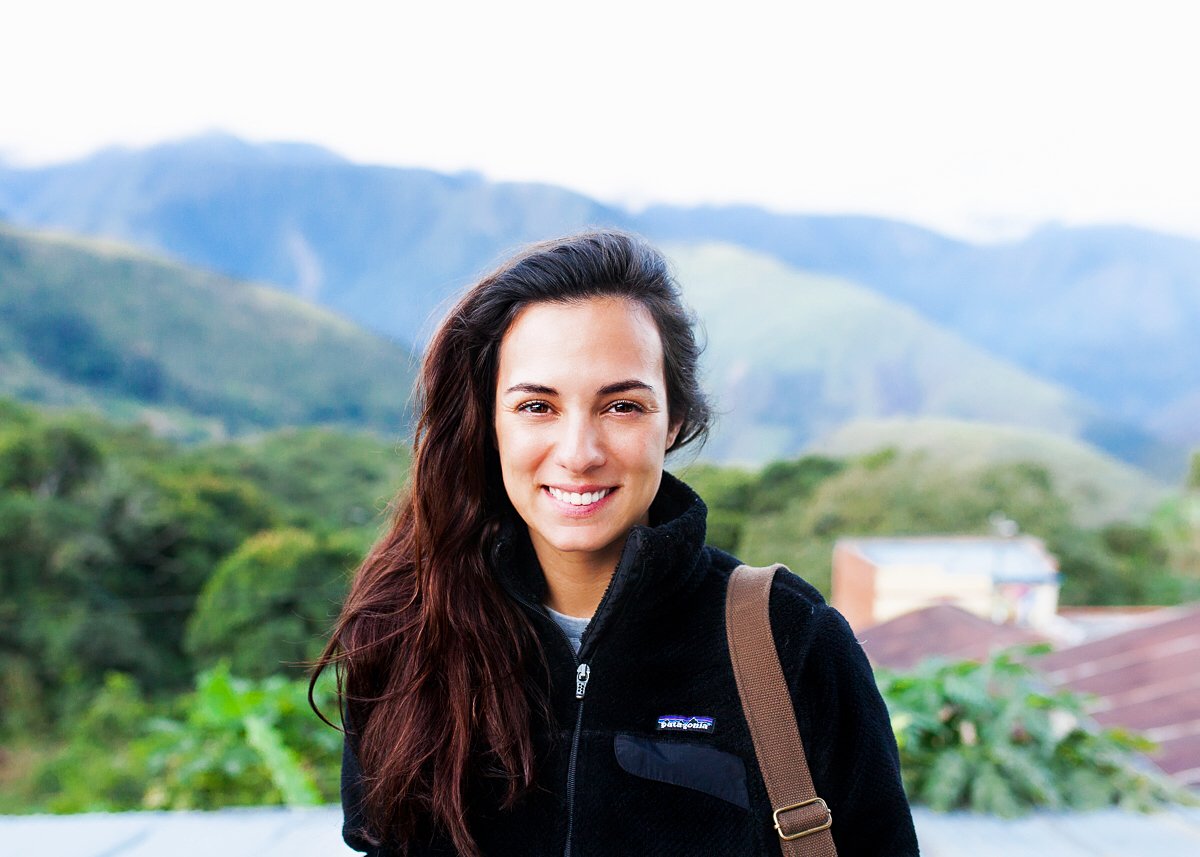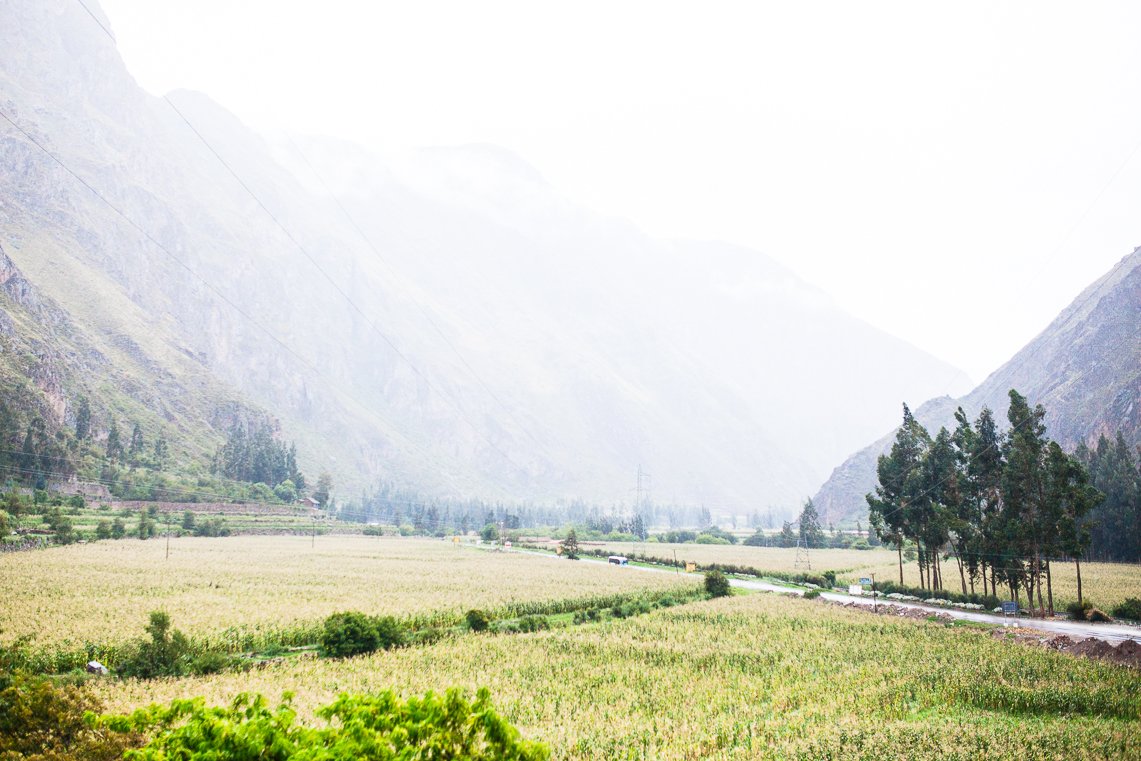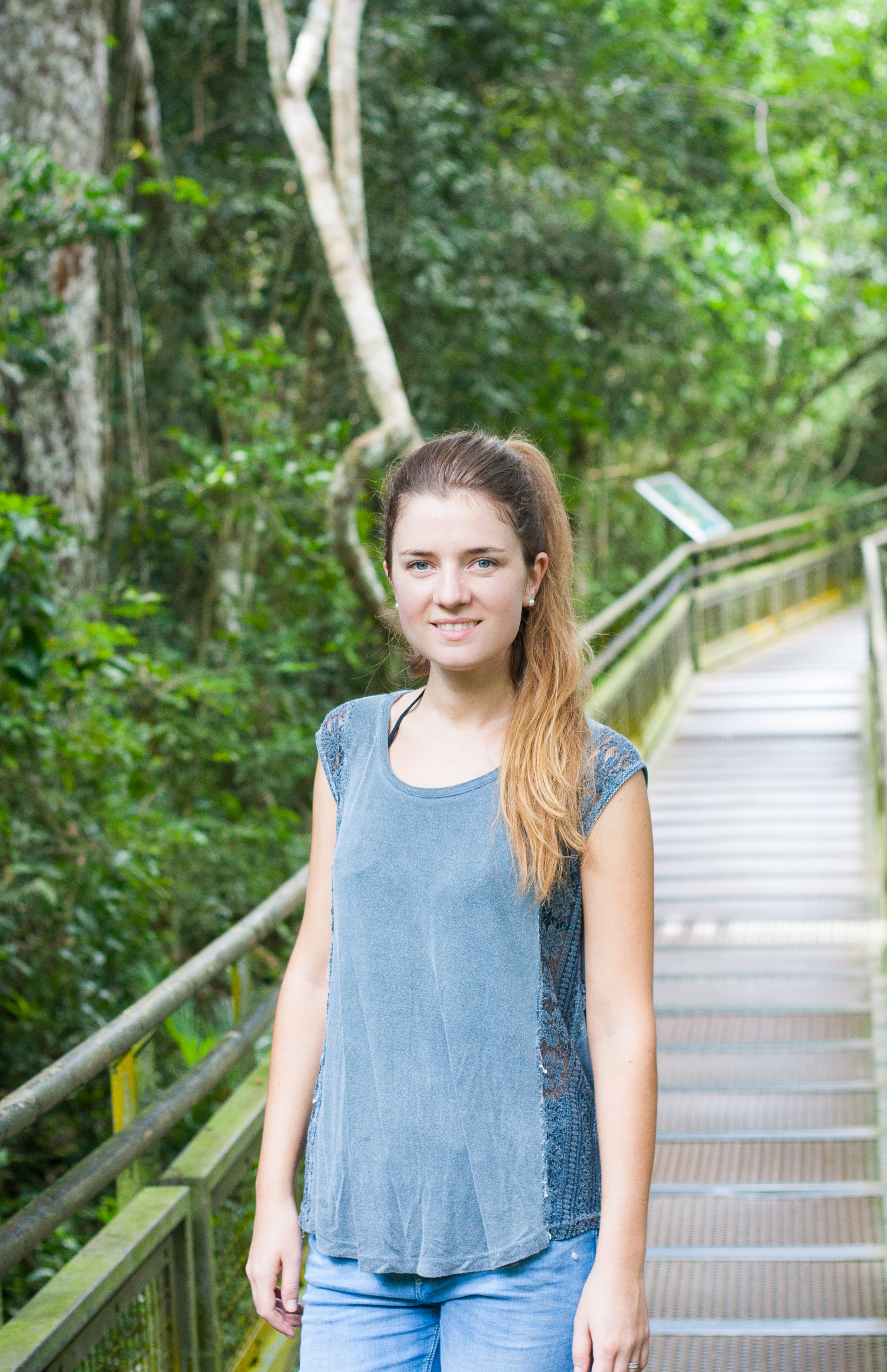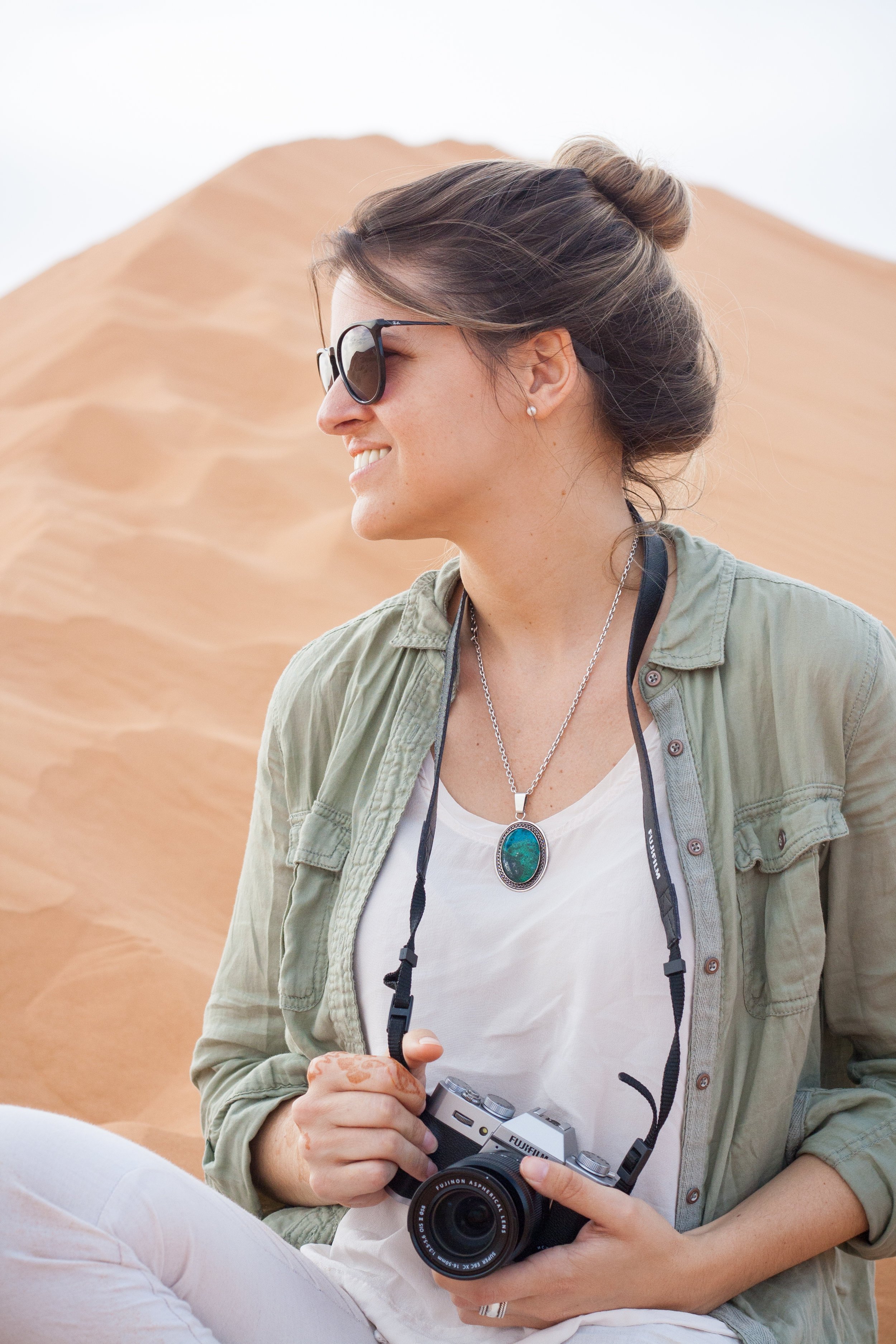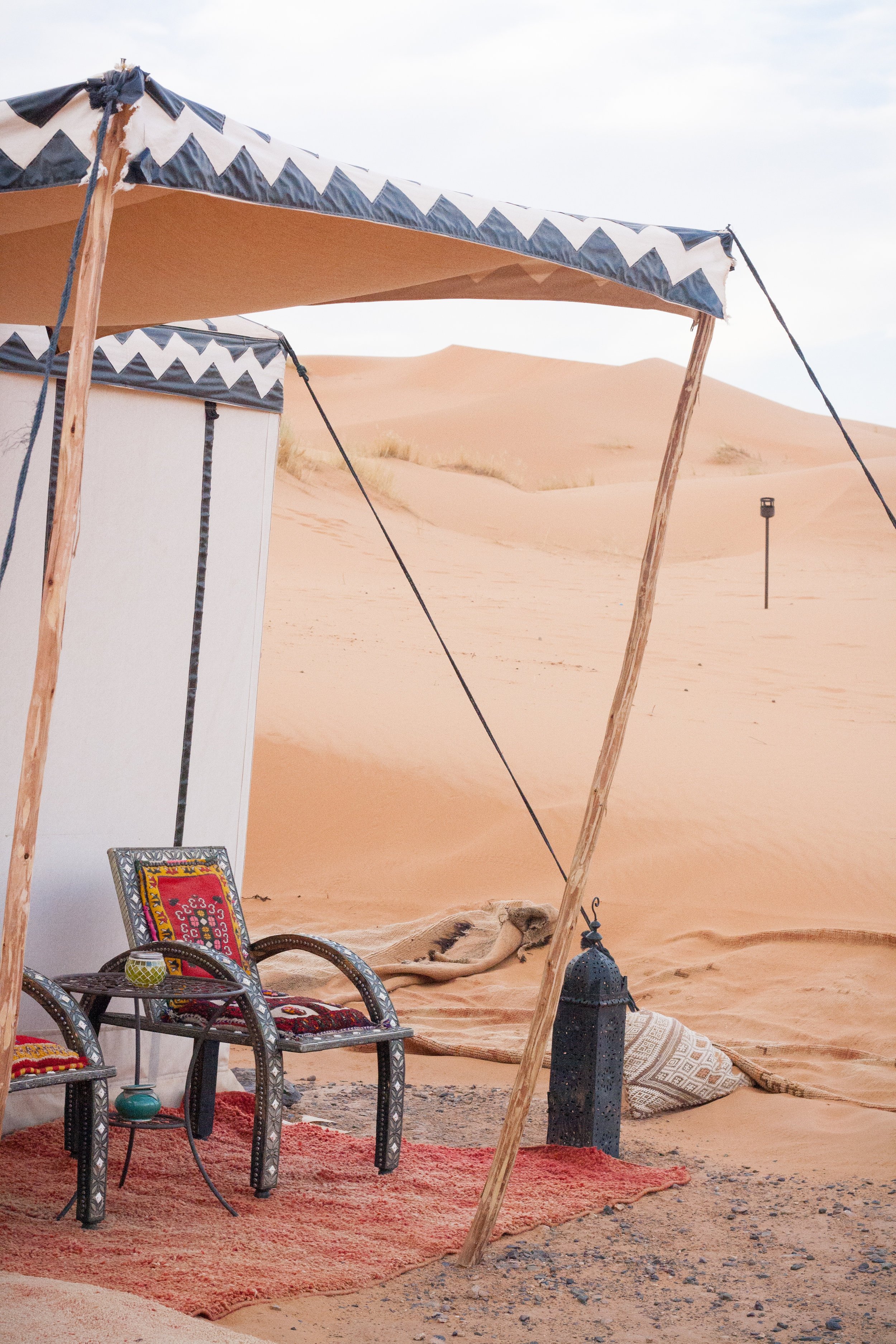A Moment with Naya Traveler
A Moment with Naya Traveler
Interview by Live The Process, originally published on November 28, 2017
Sofia Mascotena, Sarah Casewit and Marta Tucci grew up a world away from each other, but when—by synchronicity—they all ended up in Buenos Aires, they bonded over a love of authentic travel. Although they all bring varied experiences to the table, they agreed that there was a lack of options when it came to true cultural immersion—a chance to experience a place as an in-the-know local might and with a sustainable bent. So, Naya Traveler was born, offering curated itineraries to unique destinations, many of which one of more of the women have called home.
Here, the threesome behind the contemporary travel company explains why happiness is making the whole world your home:
Live The Process: How does each of your respective backgrounds—upbringings, education and life experiences—inform what you bring to Naya Traveler?
Marta Tucci: As a documentary photographer, my pursuit for stories has taken me to some of the most interesting, complex and beautiful corners of the world. From the Peruvian highlands and the valleys of Kashmir to Burma’s subtropical plains, my experiences have inspired an approach to travel focused on cultivating meaningful relationships and engaging with local communities. Whether I’m traveling for work or leisure, I identify most with a region by exploring its cultural landscape through the eyes, traditions and stories of those who personify it. My travel experiences through documentary photography and academic background in ethnography are reflected in the connections and interactions present in all Naya Traveler itineraries, adding a human dimension to all our journeys.
Sofia Mascotena: Growing up on my family’s estate in the Pampas of Argentina, a remote region governed by a balanced lifestyle, I developed an affinity towards sustainable living and cultural awareness at an early age. This traditional lifestyle, paired up with my travels around the world, ultimately led to my appreciation of responsible travel. With a background in humanitarian and cultural studies, I was profoundly influenced by the positive impact that community exchange has on travel. As individuals, I believe we have an important responsibility to other cultures while traveling, in order to keep them authentic and untarnished. I am strongly committed to this altruistic dimension of travel. It allows a Naya Traveler journey to go beyond the thrill of discovery, promoting intercultural understanding and sustainability of traditions.
Sarah Casewit: Born and raised in Morocco for 20 year, I ultivated and nurtured deep affinity towards the traditional world at a young age. Throughout my childhood, I experienced life in Morocco as a local and traveled to many countries that were equally fascinating and rich in culture: he markets of Khan Khalili in Egypt, the temples of South India and the adobe villages of Mali were my playgrounds growing up. On these trips, I was captivated by the cultural, racial and religious differences that defined the individuality of each community. As a university studen, I engaged in extensive studies of comparative religion to unravel these differences and uncover the common thread that ties the world’s traditions together. Equipped with a deeper understanding of the essence of cultures, my immersion into the spiritual dimension of these distinct worlds led e to value the transformative potential of travel and introduce this quality to Naya Traveler’s journeys.
LTP: How did your lives intersect? And how did you come to launch Naya Traveler together?
MT: We met in Buenos Aires, Argentina. Sofia and Sarah worked together for several years at a luxury travel agency. In the meantime, I had just relocated to Argentina to have a base in South America and pursue some stories in the region. It wasn’t until I returned from an assignment in Peru, that we met up for dinner at a greasy spoon diner in Chinatown and unconsciously brainstormed the beginnings of Naya. We talked travel for hours, bonding over our love of sacred traditions and ancient cultures, the excitement of traveling to places that are yet to be tarnished by tourism and frustration with the lack of diversity in the travel industry when it comes to ways to experience a destination. Before we knew it, we were creating a brand with a strong, distinctive message that would address everything that we discussed over dinner that night.
LTP: What separates Naya from other travel companies?
SC: Travelers are now—more than ever—looking for extraordinary moments filled with authenticity and personal value. They’re seeking experiences that go beyond the tourist sightseeing route in favor of opportunities to engage with locals and their traditions. Having traveled with this philosophy our entire lives and experienced its positive impact, we saw an opportunity to extend our knowledge and connections to likeminded individuals. We launched Naya Traveler with the intention to bring back purpose and value to travel through immersive, cultural experiences that provide a unique space to discover a destination through the eyes and knowledge of those who know it best.
One of the main values that distinguishes Naya Traveler from other companies is the intimate knowledge we have of our destinations and the personal contacts that enrich the experience for our travelers. We offer trips to regions of the world where we have lived or worked in for long periods of time. For instance, having lived in South India allows me to personalize an itinerary in ways that only a local can. Knowing our destinations from the inside, speaking the local language and having experienced the country on a personal level, Naya Traveler lends its clients a deeper, more meaningful personalized journey.
Rooted in firsthand expertise and intimate knowledge, we craft highly personalized itineraries to culturally rich destinations steeped in tradition and ancient customs. We take care of all the arrangements from the moment the traveler lands until they depart. This includes a selection of handpicked boutique hotels, personally vetted hosts and expert guides, private transfers, daily excursions and curated experiences, many meals, domestic flights and overall coordination 24 hours during the trip.
LTP: When you’re traveling or at home, do you each have rituals, practices or wellness obsessions that keep you feeling healthy and balanced?
MT: Constant traveling can really take a toll, mentally and physically. As a self-proclaimed obsessive-compulsive, the first thing I do when I settle in somewhere is rearrange the furniture or elements in the room around the biggest natural light source. This immediately makes me feel grounded and gives me a sense of being “home.” I get this from my pilot father, who began this ritual as a necessity to keep his mind sane (and body safe! See: walking into the closet in the middle of the night thinking it was the bathroom) during his never-ending layovers in the last 20-something years up in the air.
SM: One of the most attractive perks of working in the travel industry is the opportunity to explore the world on a regular basis. This lifestyle on-the-go can affect one’s centeredness and, in order to stay grounded during my travels, I always dedicate a moment in the morning and the evening to meditate silently. I find this to be a very comforting element of consistency, wherever my travels take me.
LTP: What does happiness look like to you?
MT: Feeling close to my family, even when we are time zones apart.
SC: The ability to find a sense of home wherever I go, no matter how different or unknown the culture might be to me.
LTP: What does it mean to you to “Live The Process” and how can we all do that more each day?
MT: To find beauty in the everyday. It’s not a challenge to find beauty in the foreign or unknown and, inthese circumstances, you naturally feel more present or conscious of yourself and your surrounding environment. When you are at home, however, everything might seem normal or ordinary and you lose that heightened state of consciousness. Find beauty in the details that often go unnoticed, in the things that make you smile and the things that don’t, being present in the extraordinary moments as much as in the ordinary ones—and, soon enough, they might become the same.



